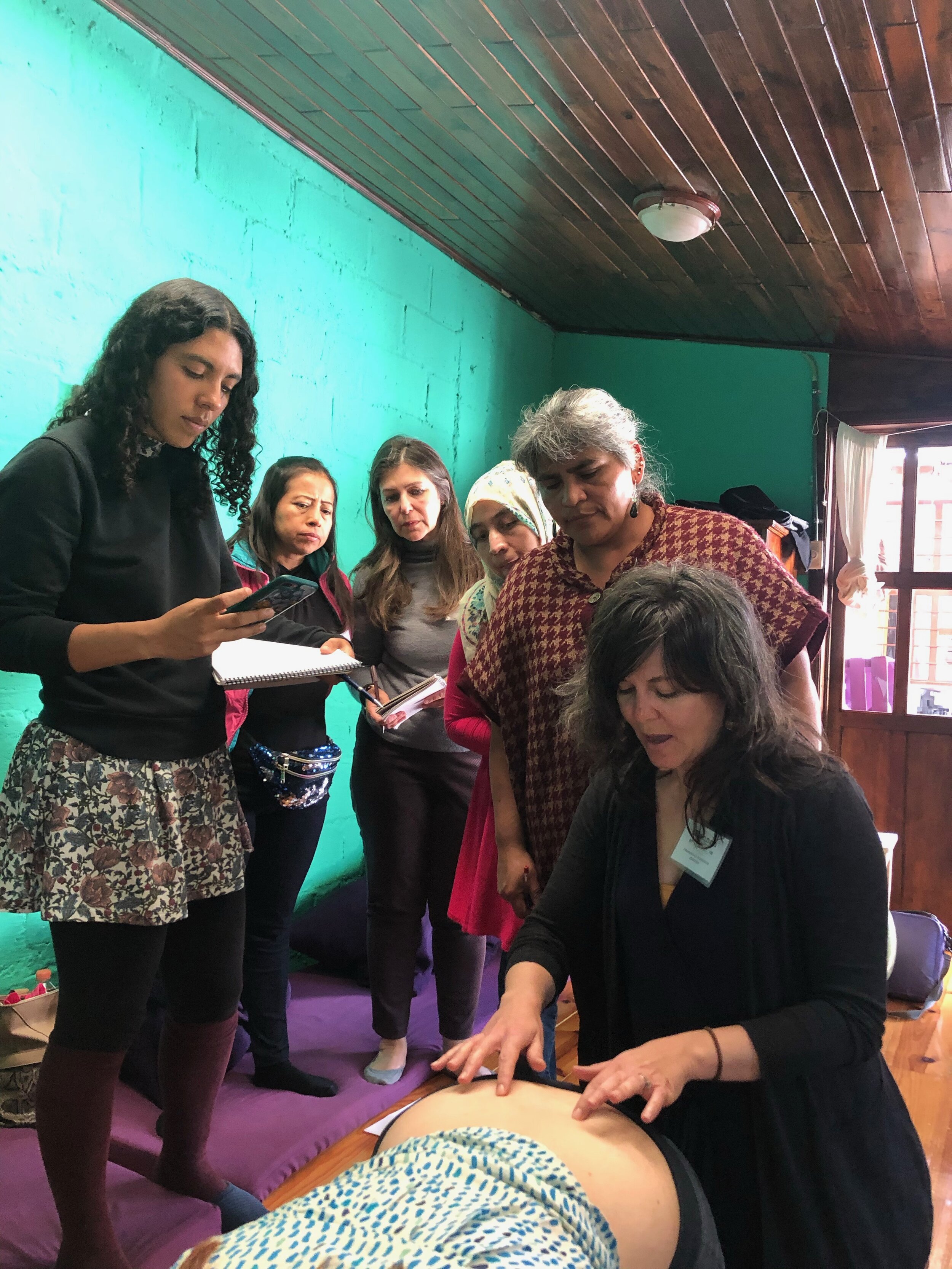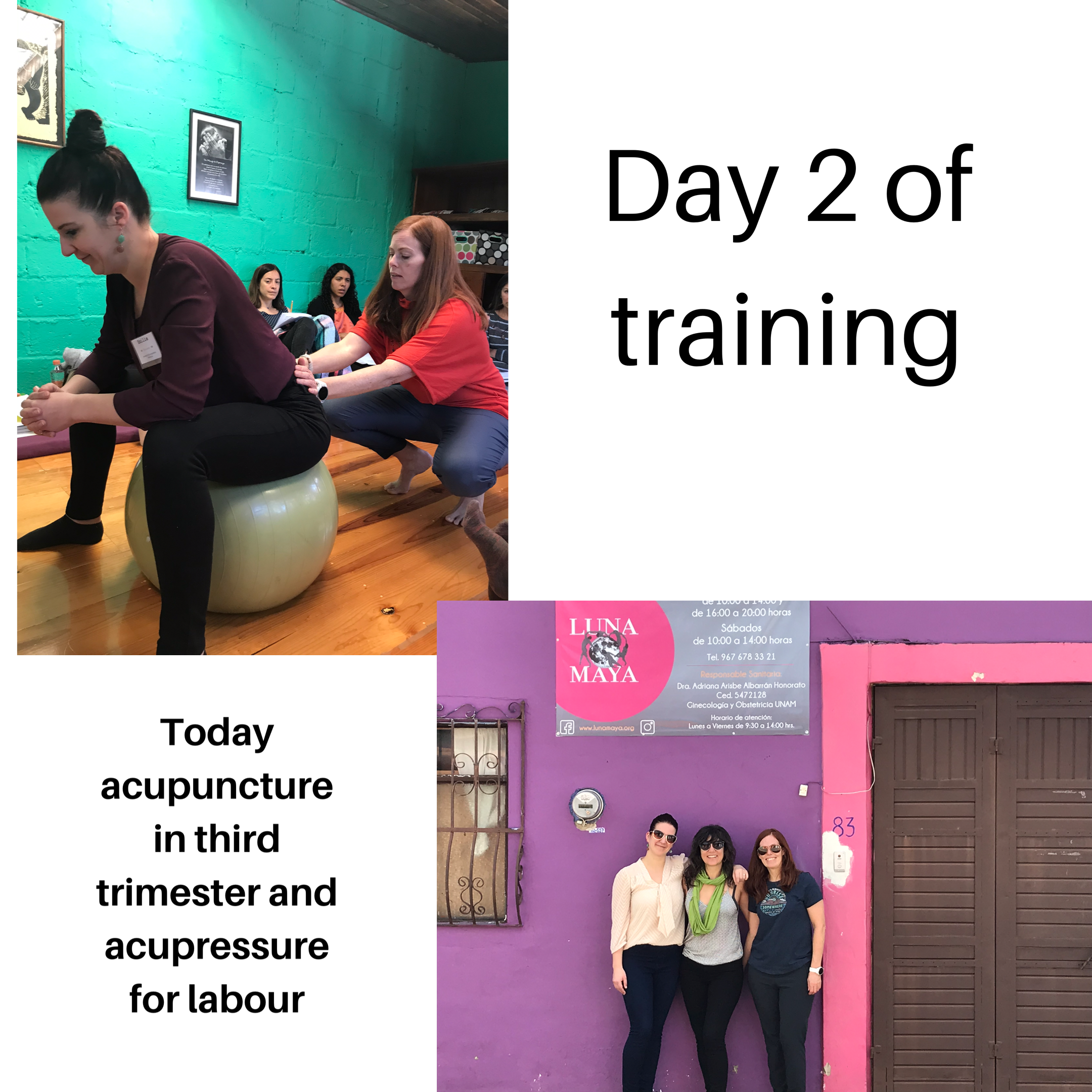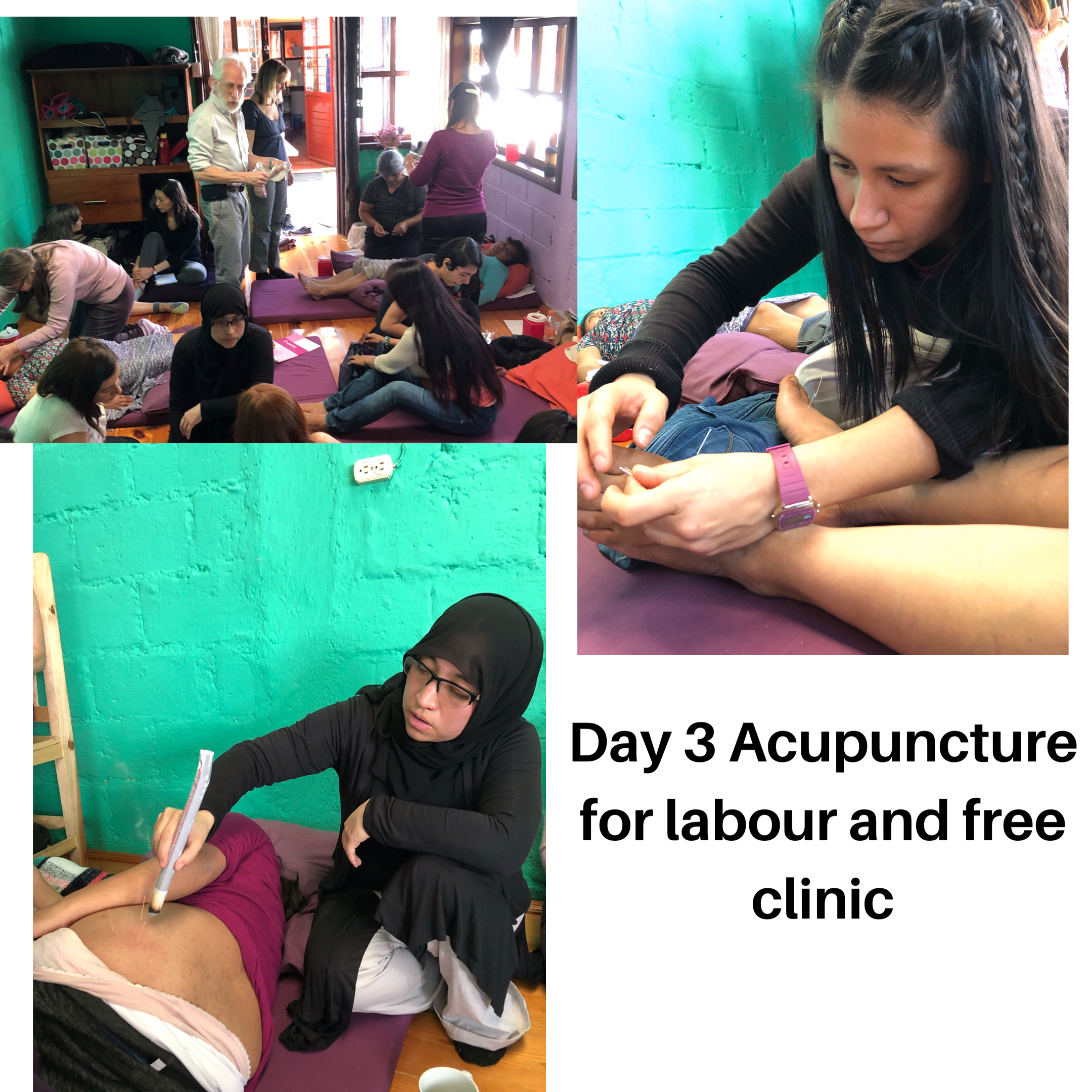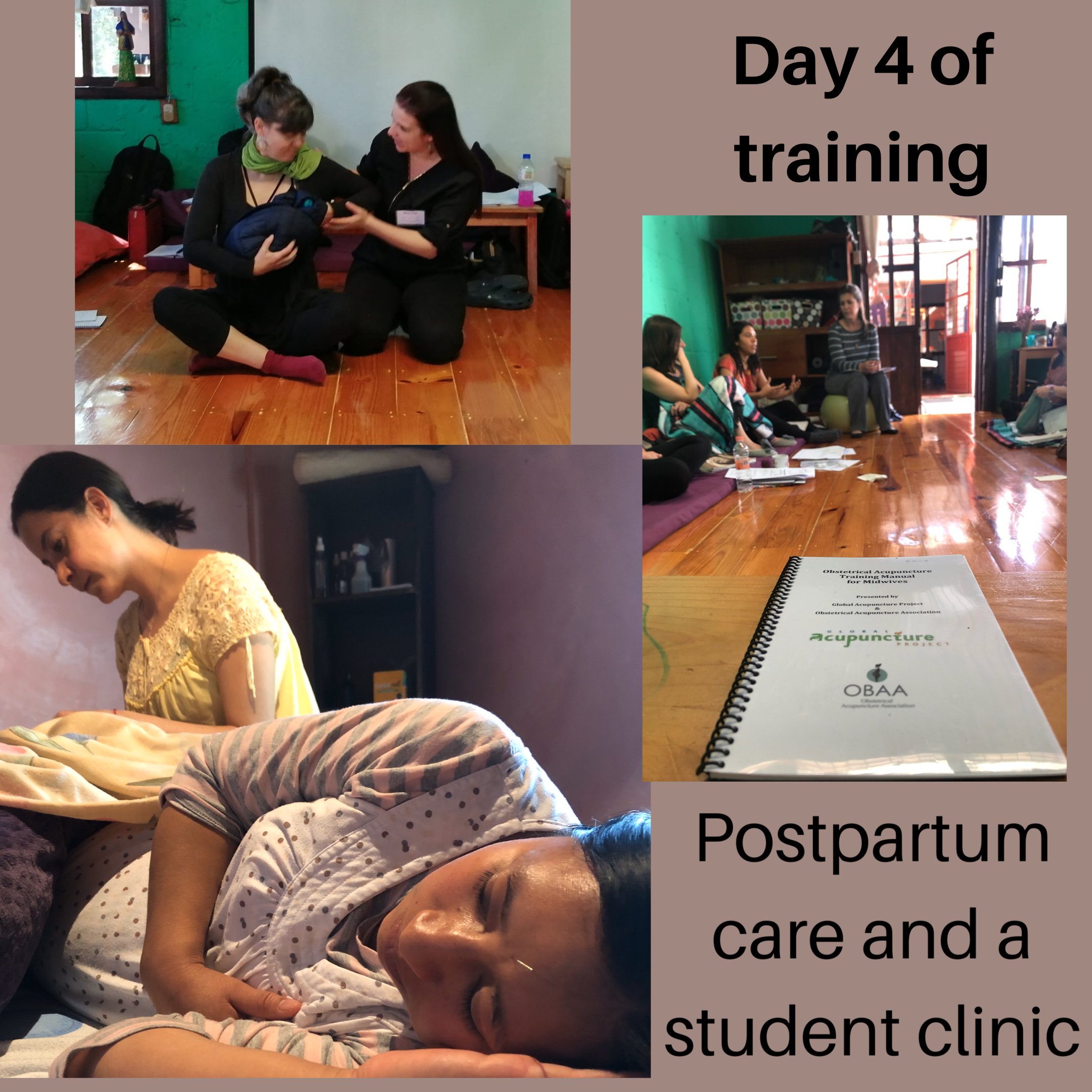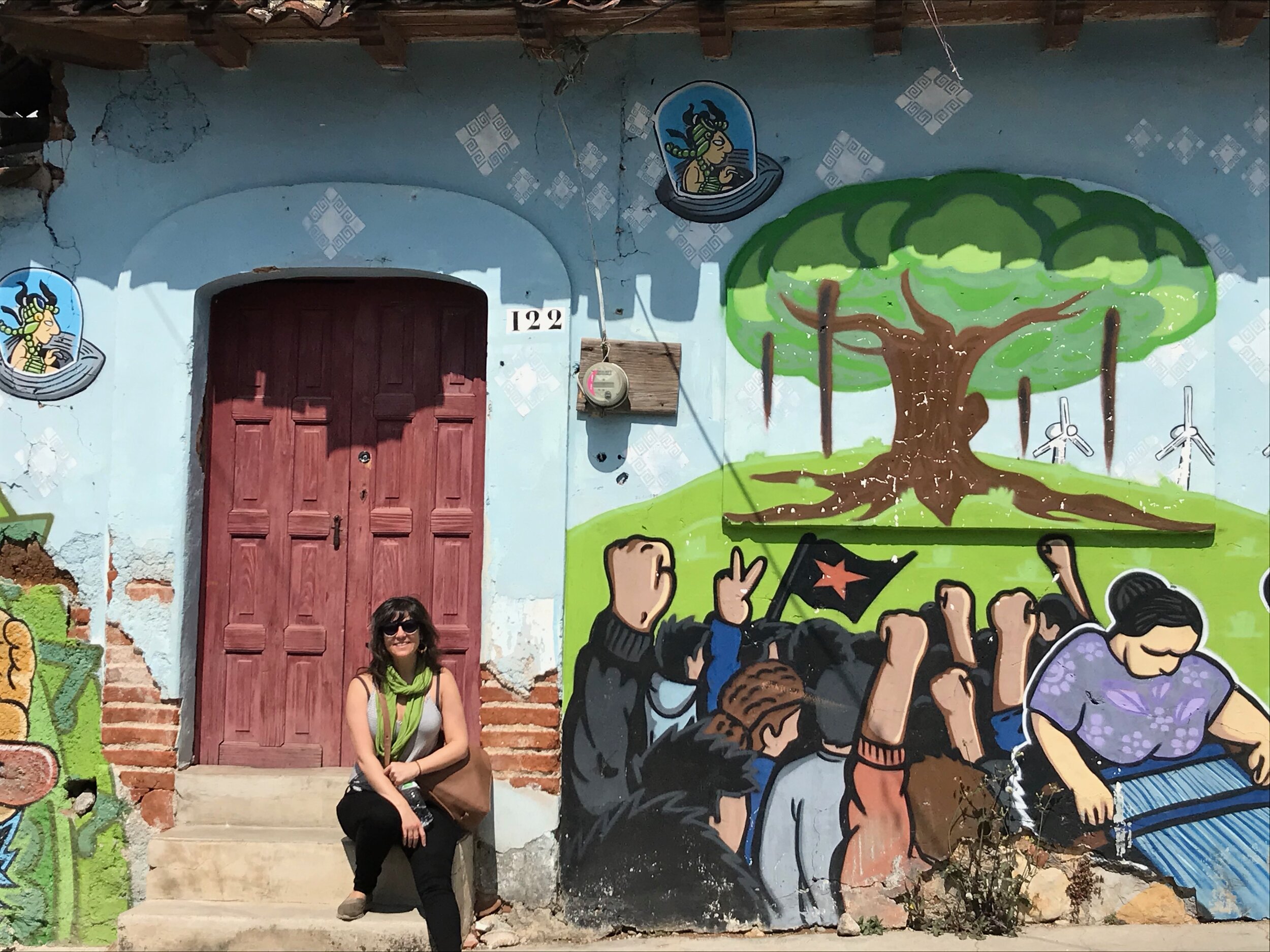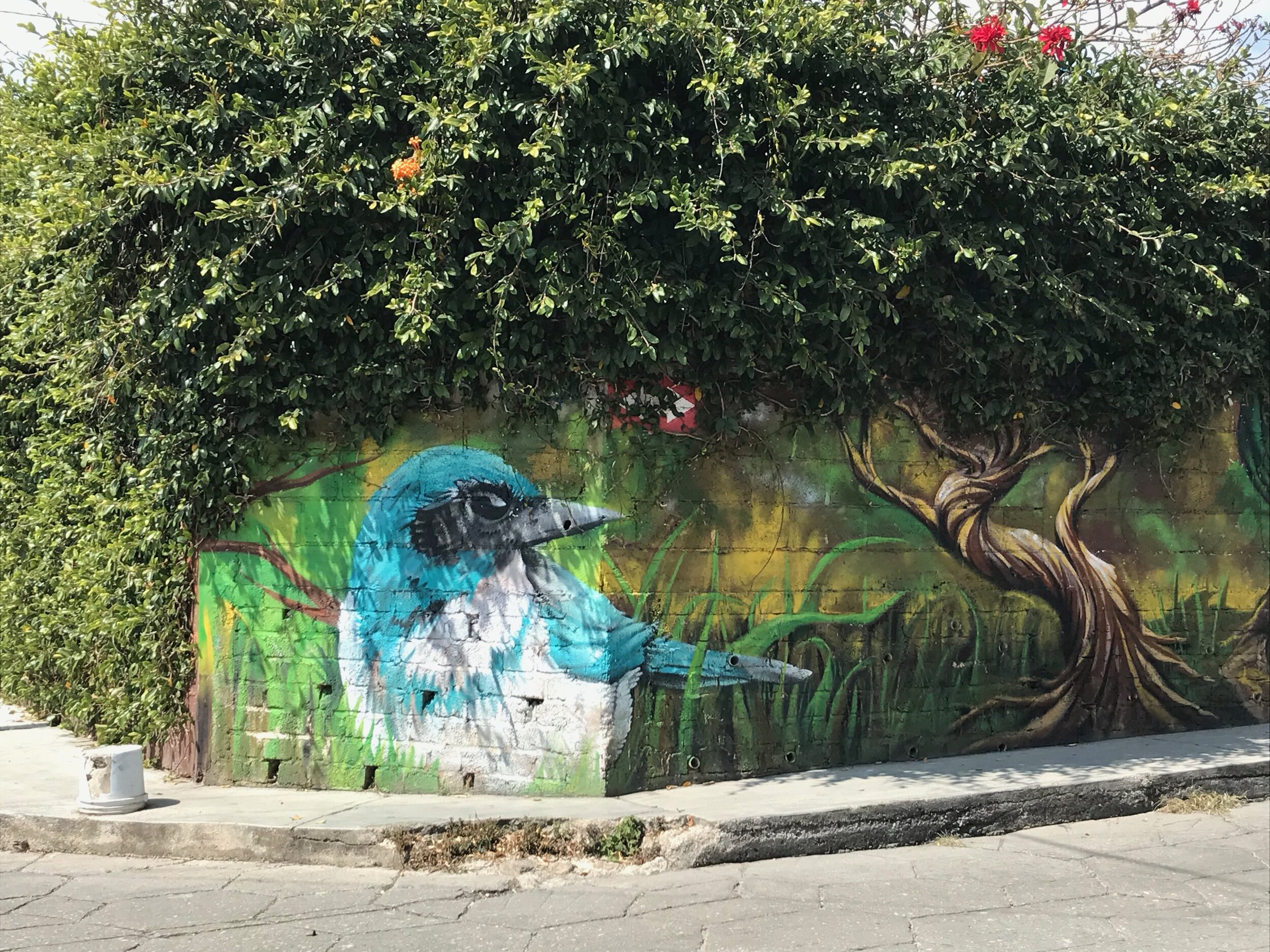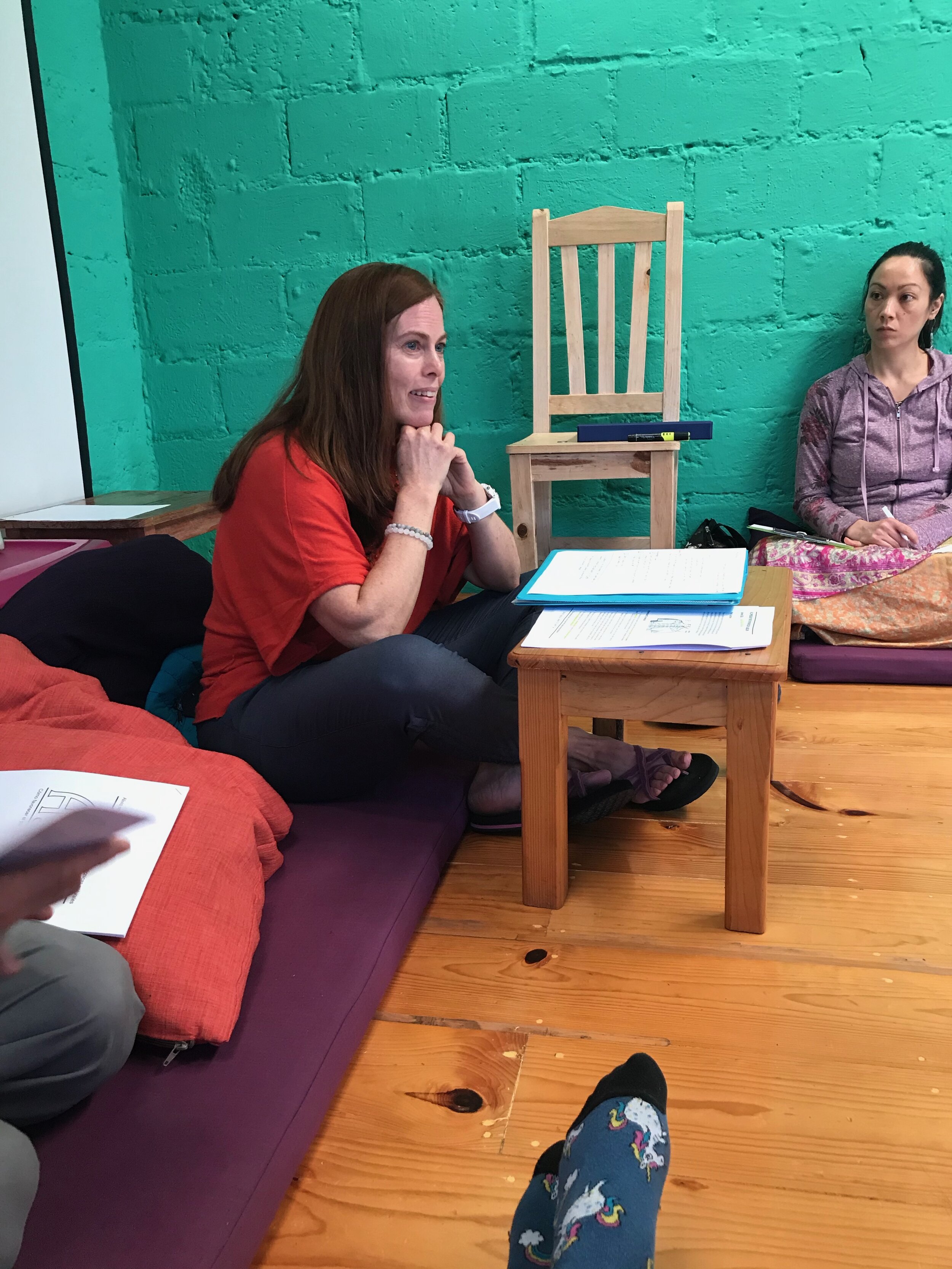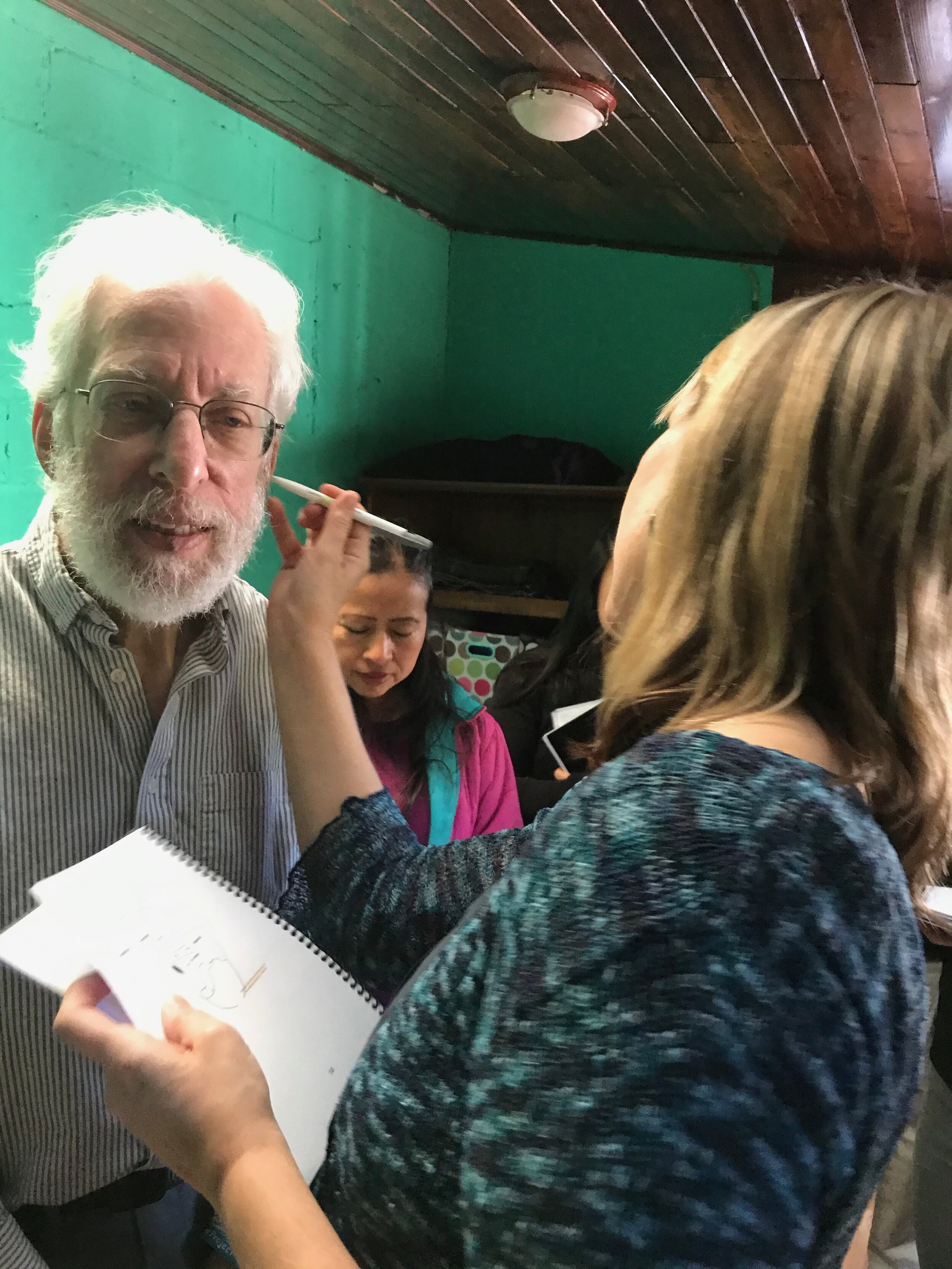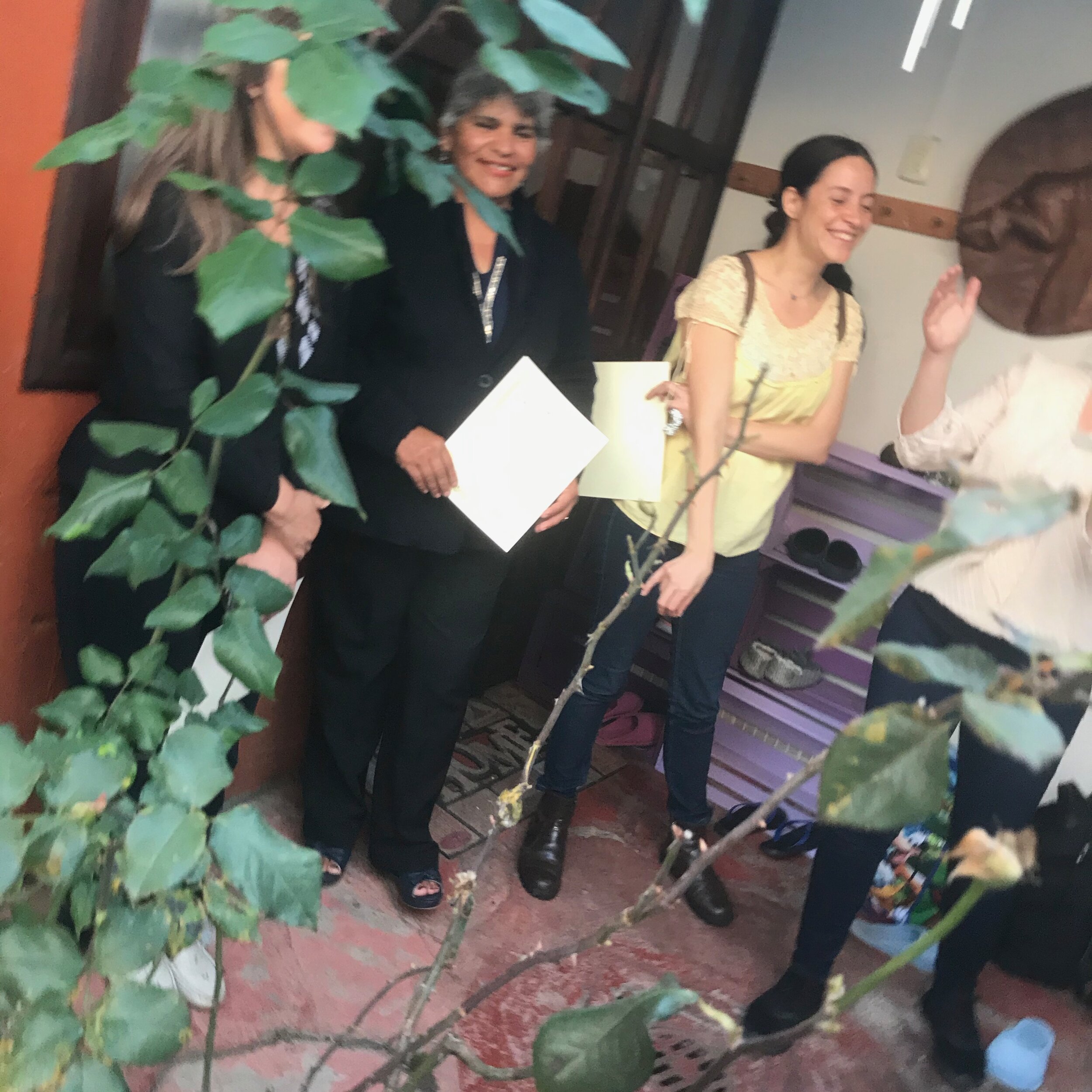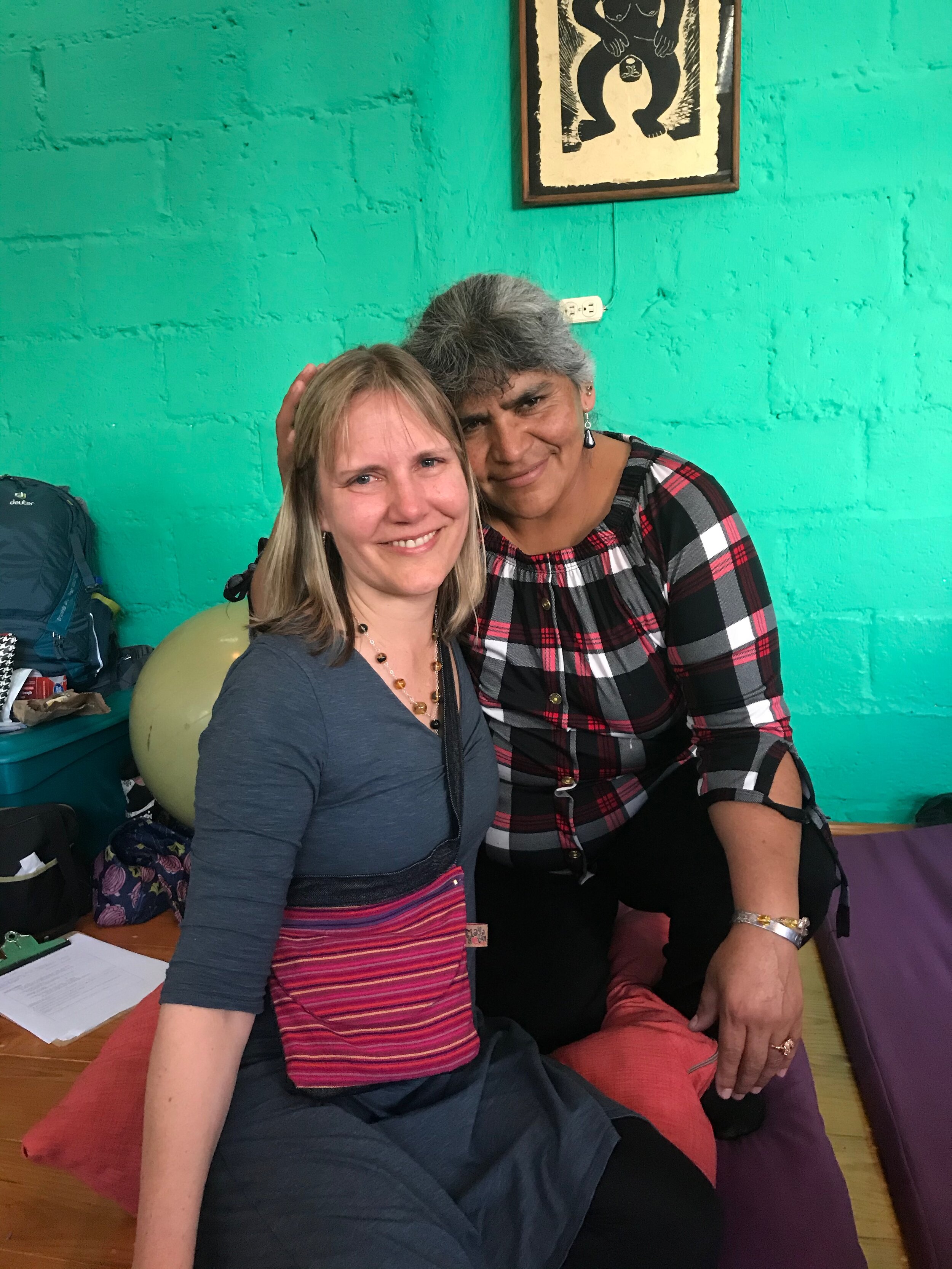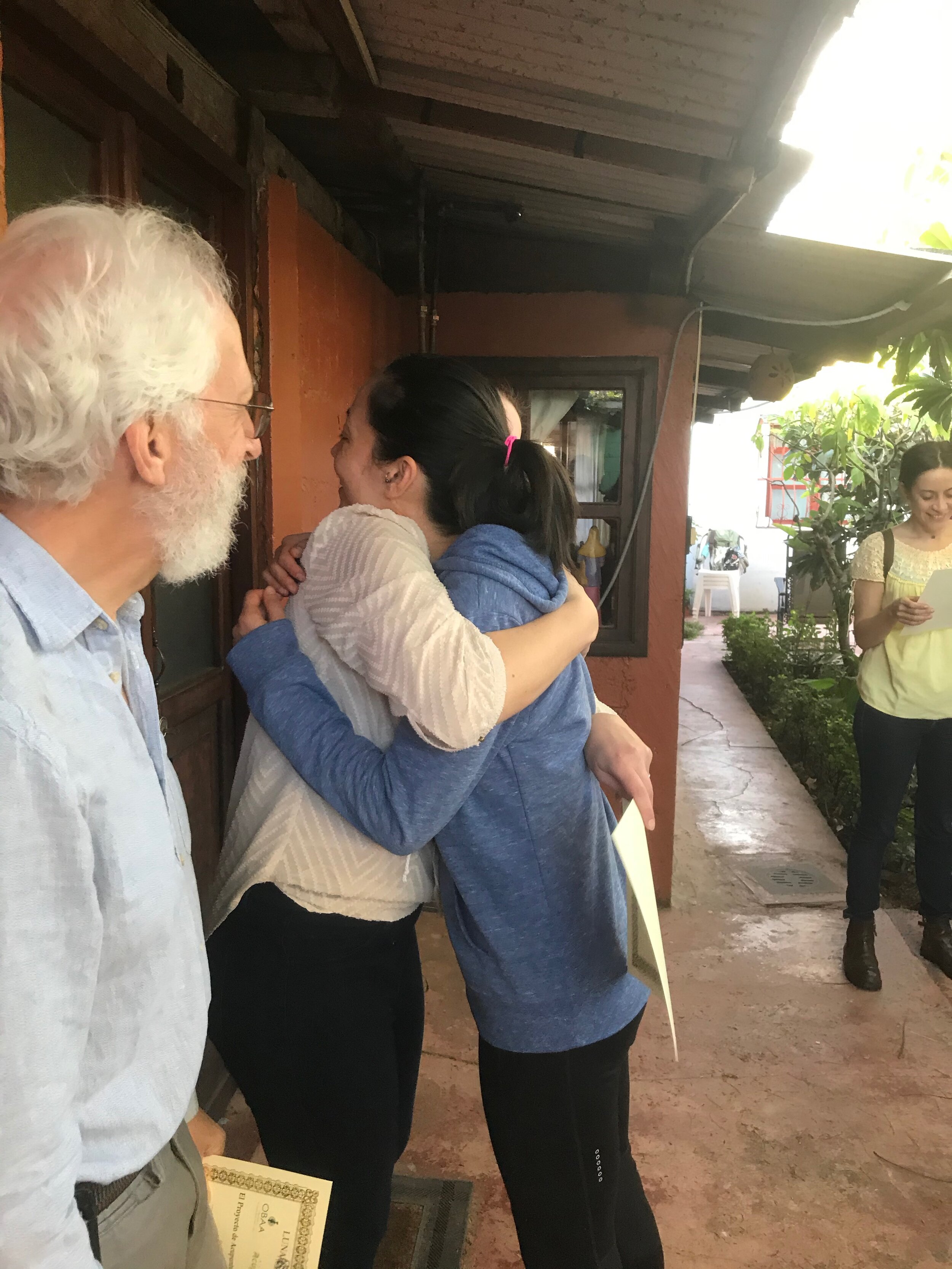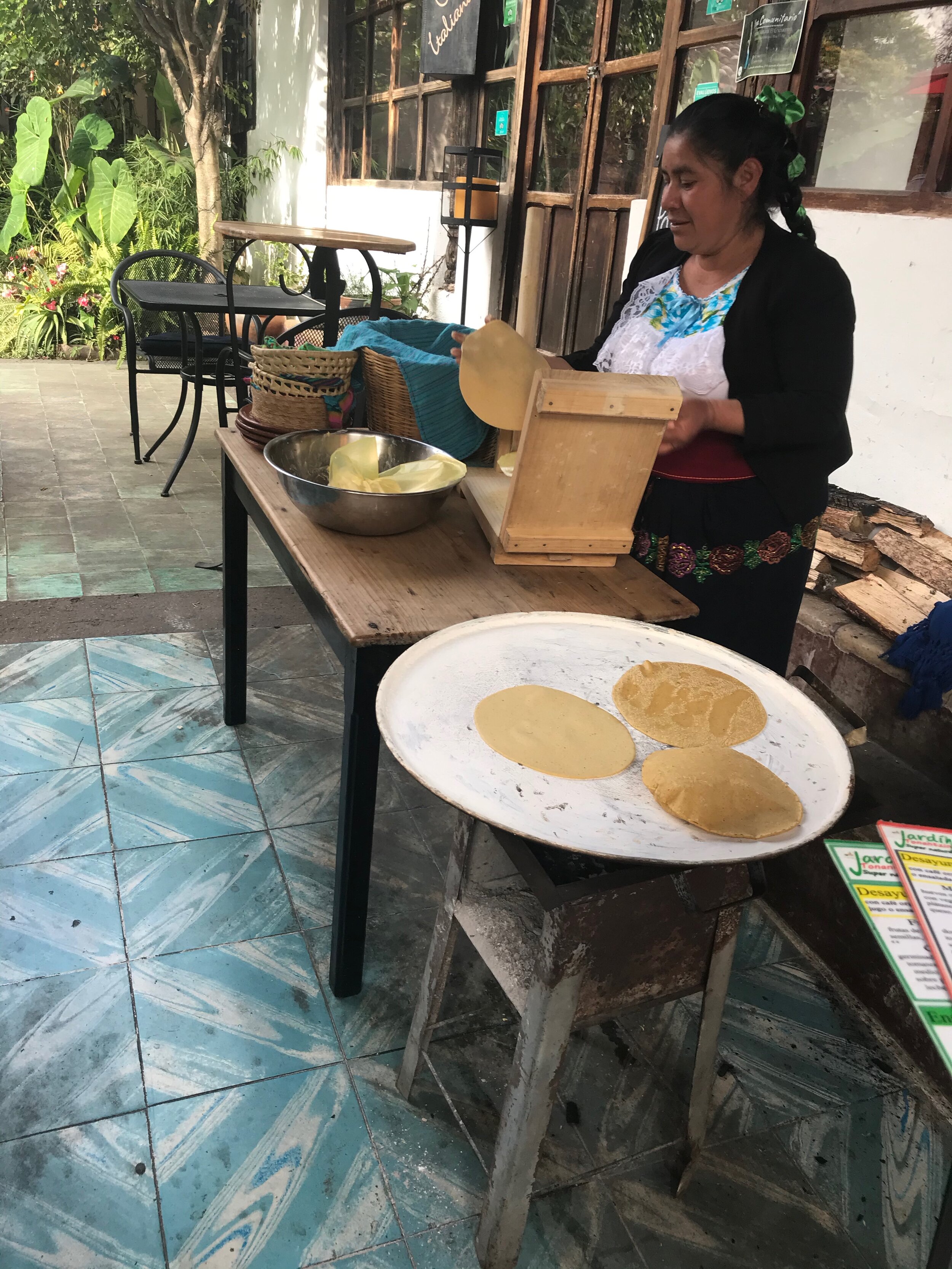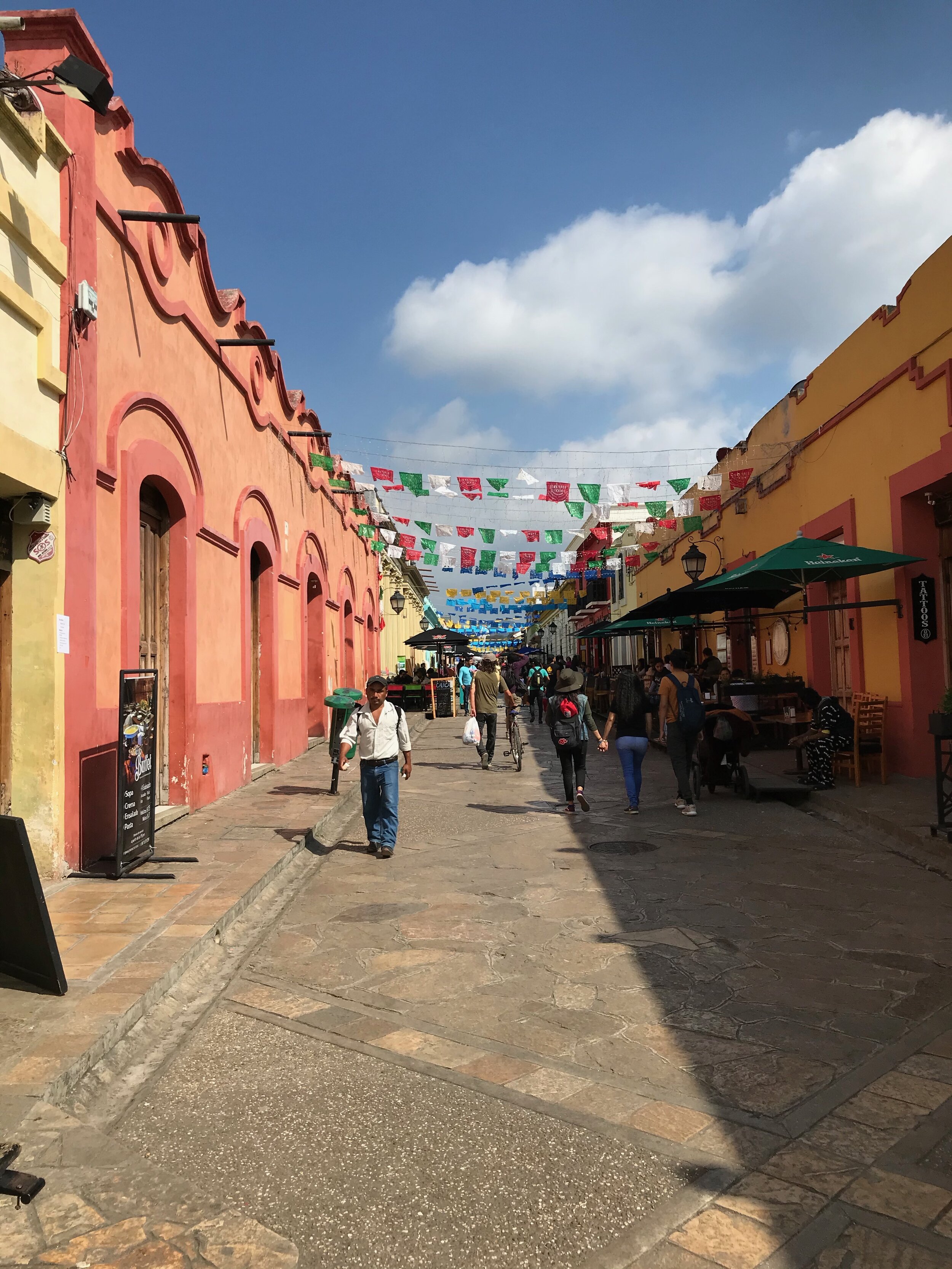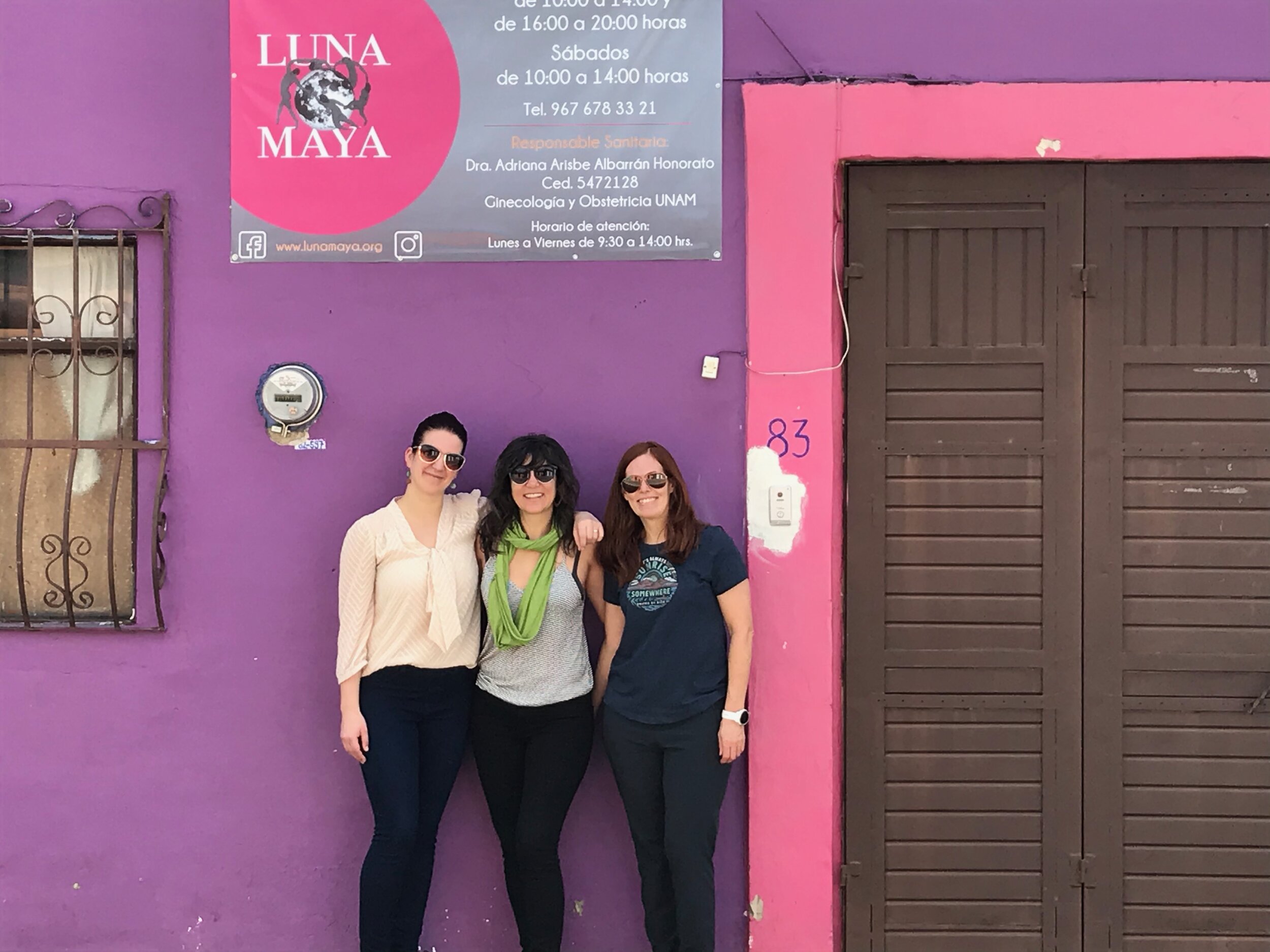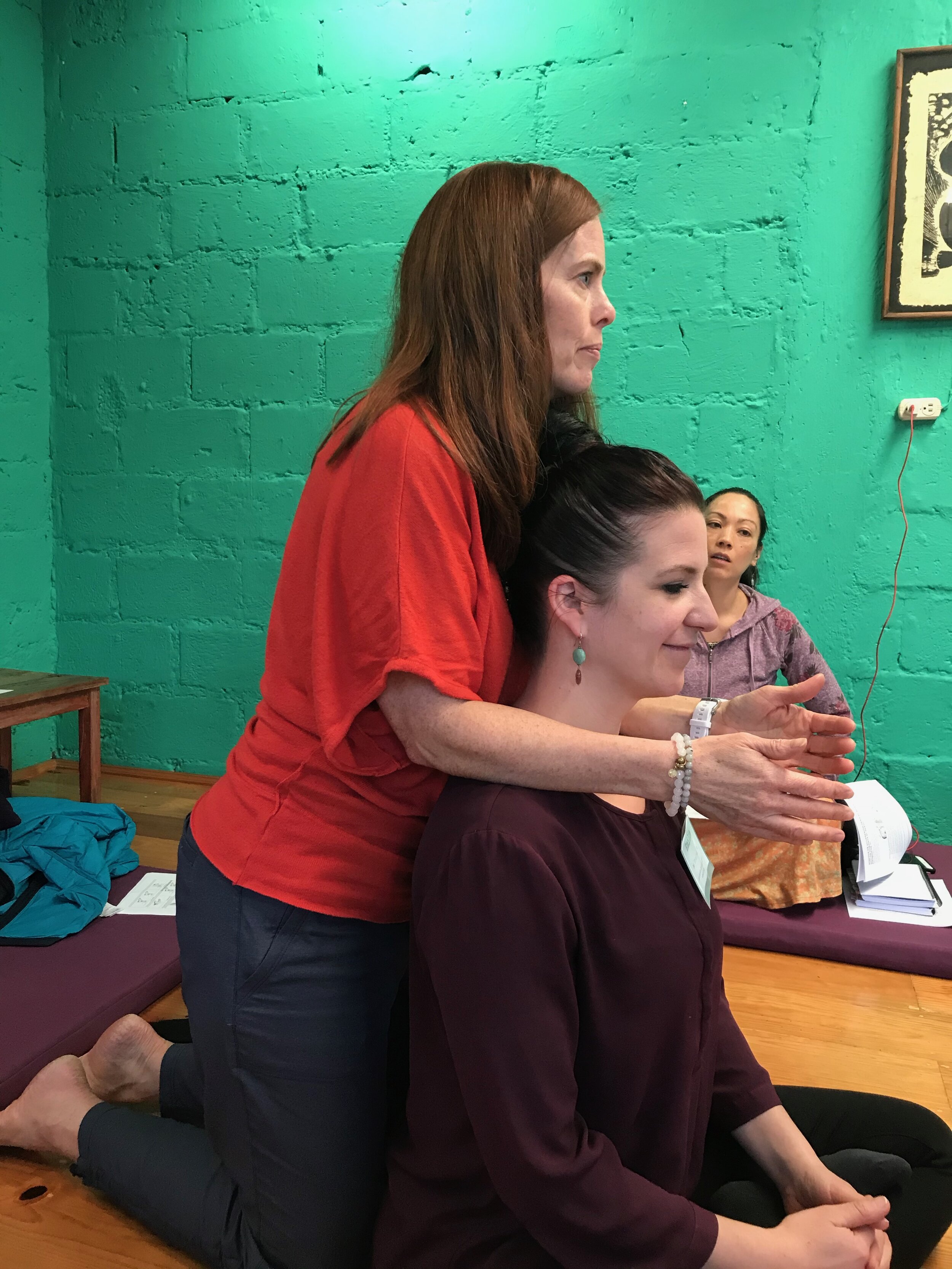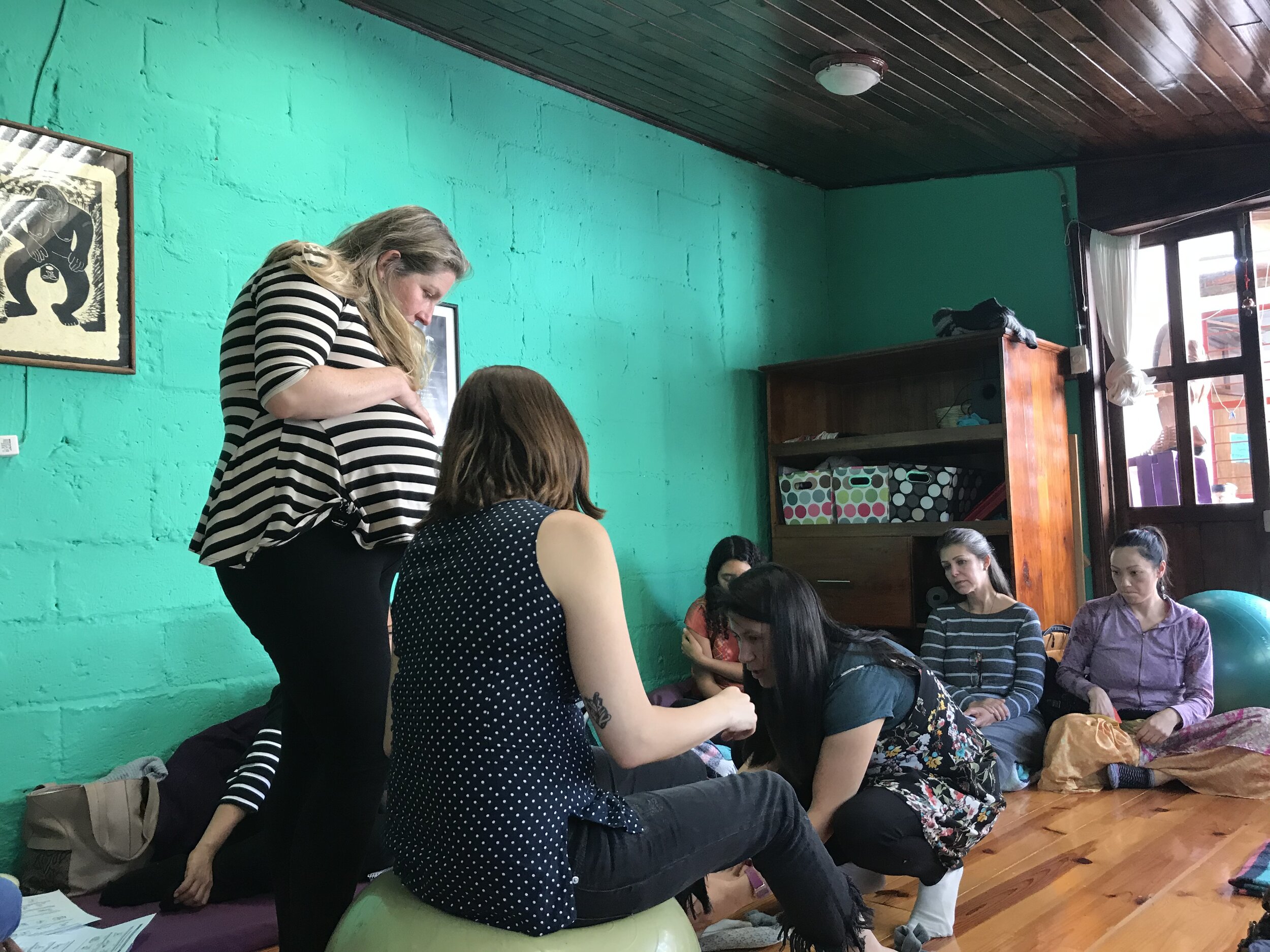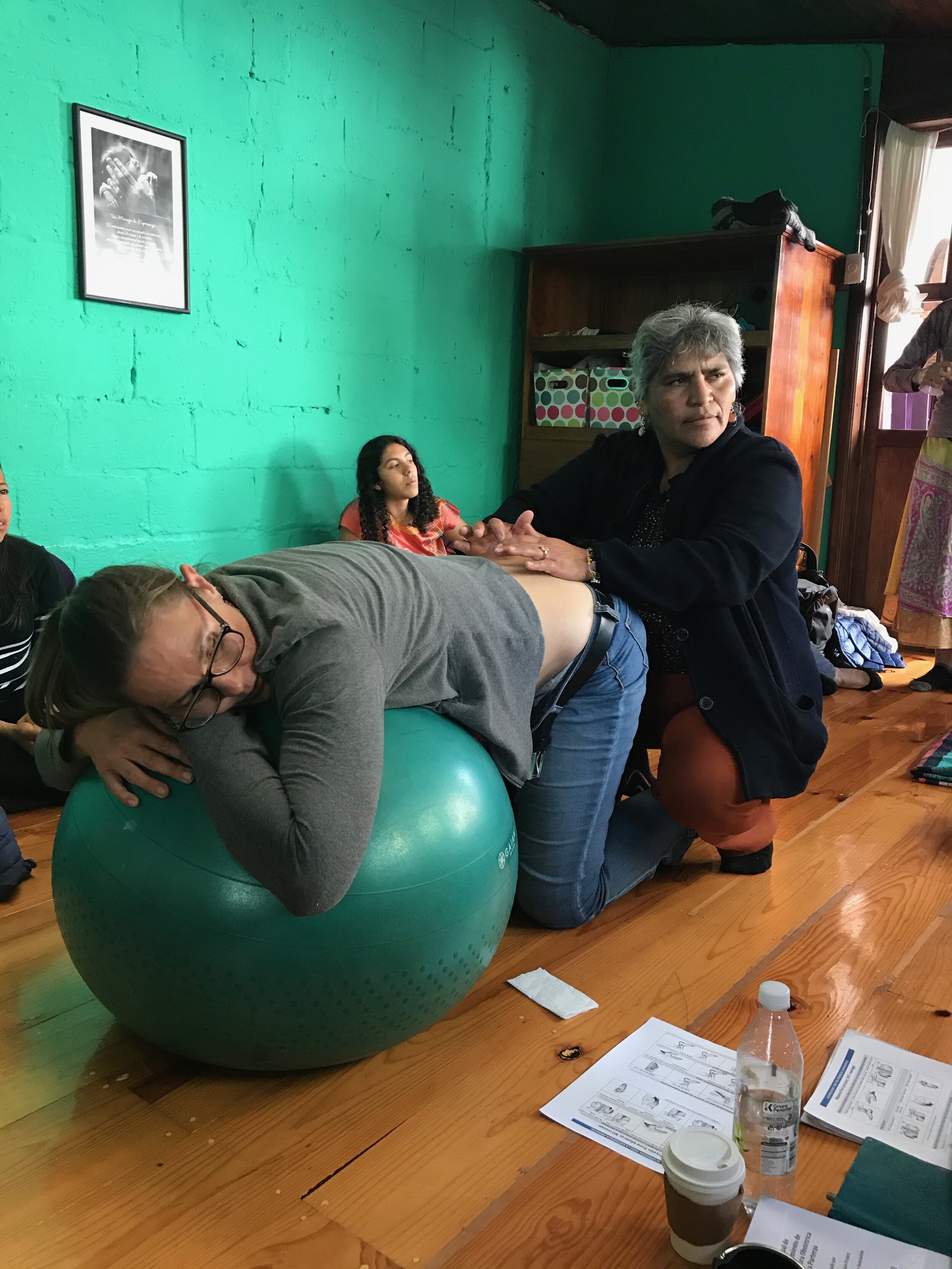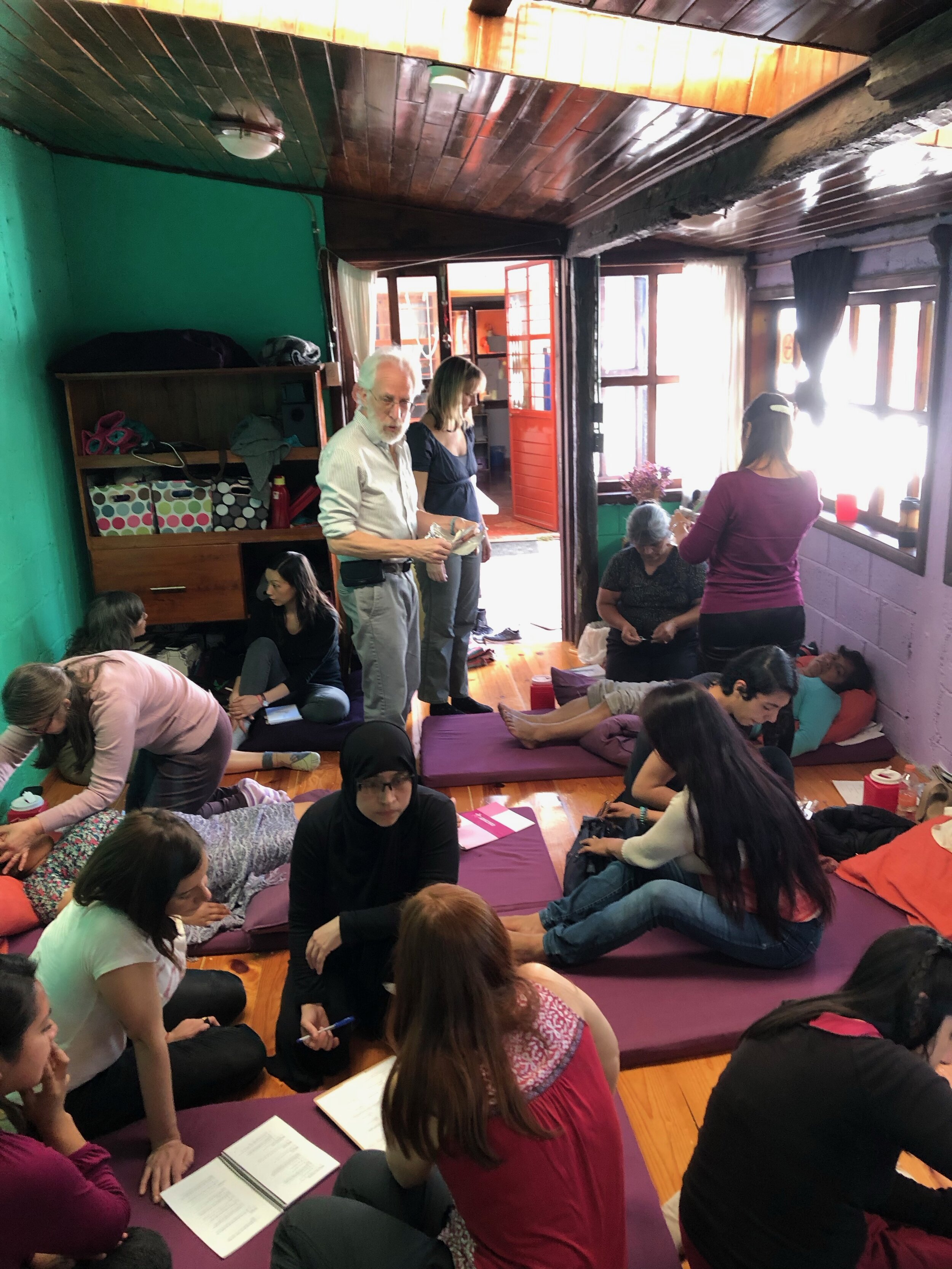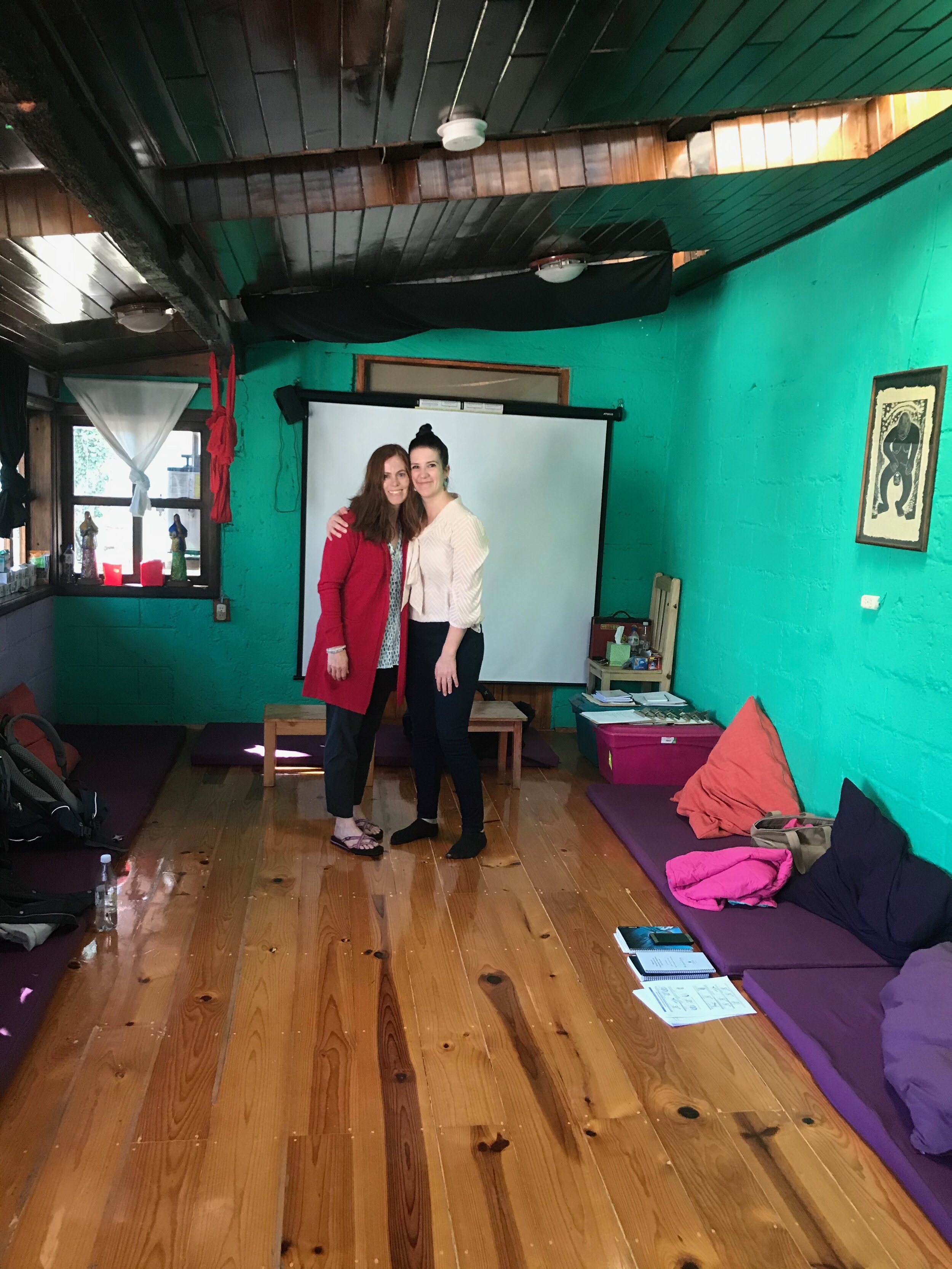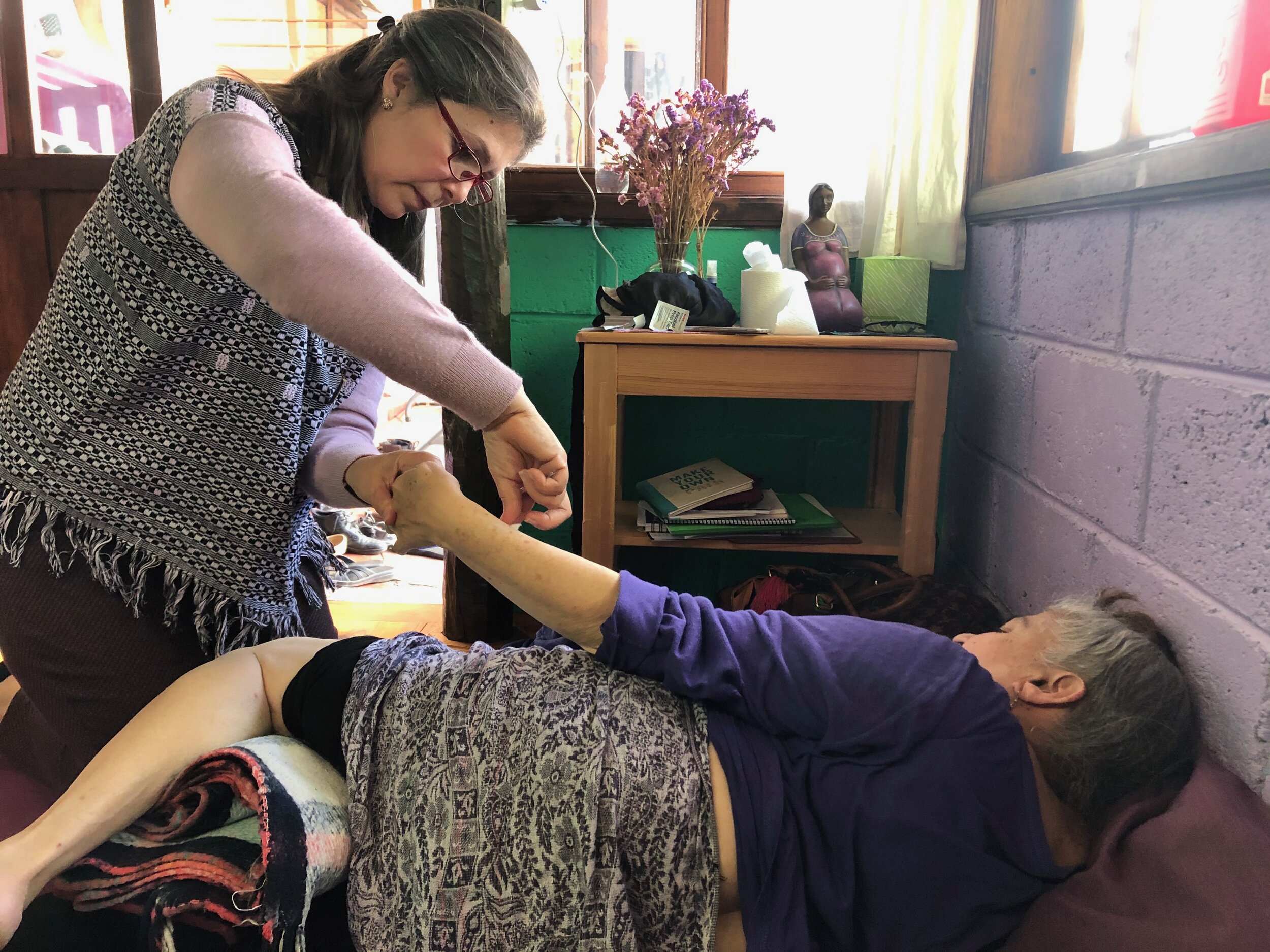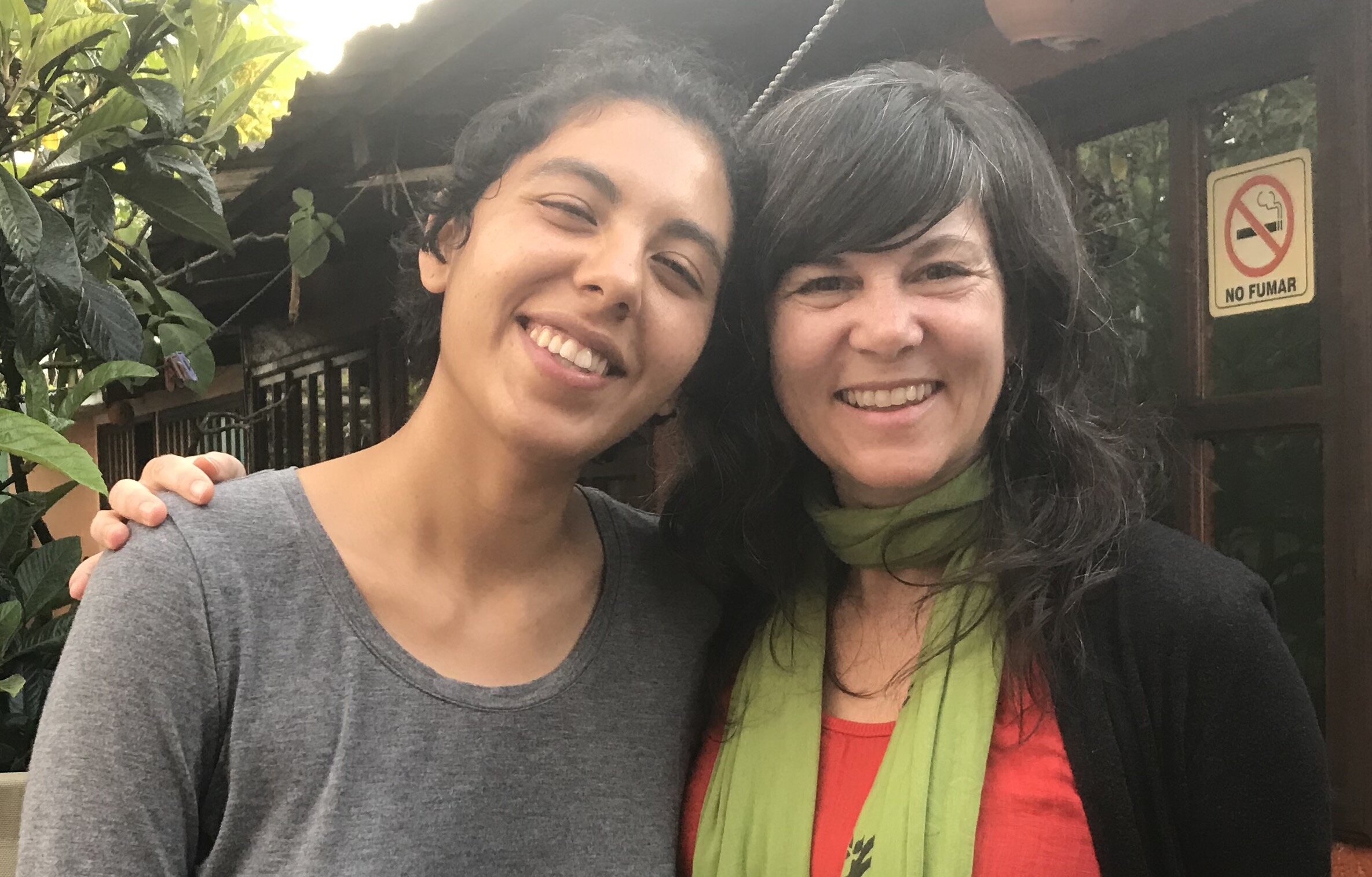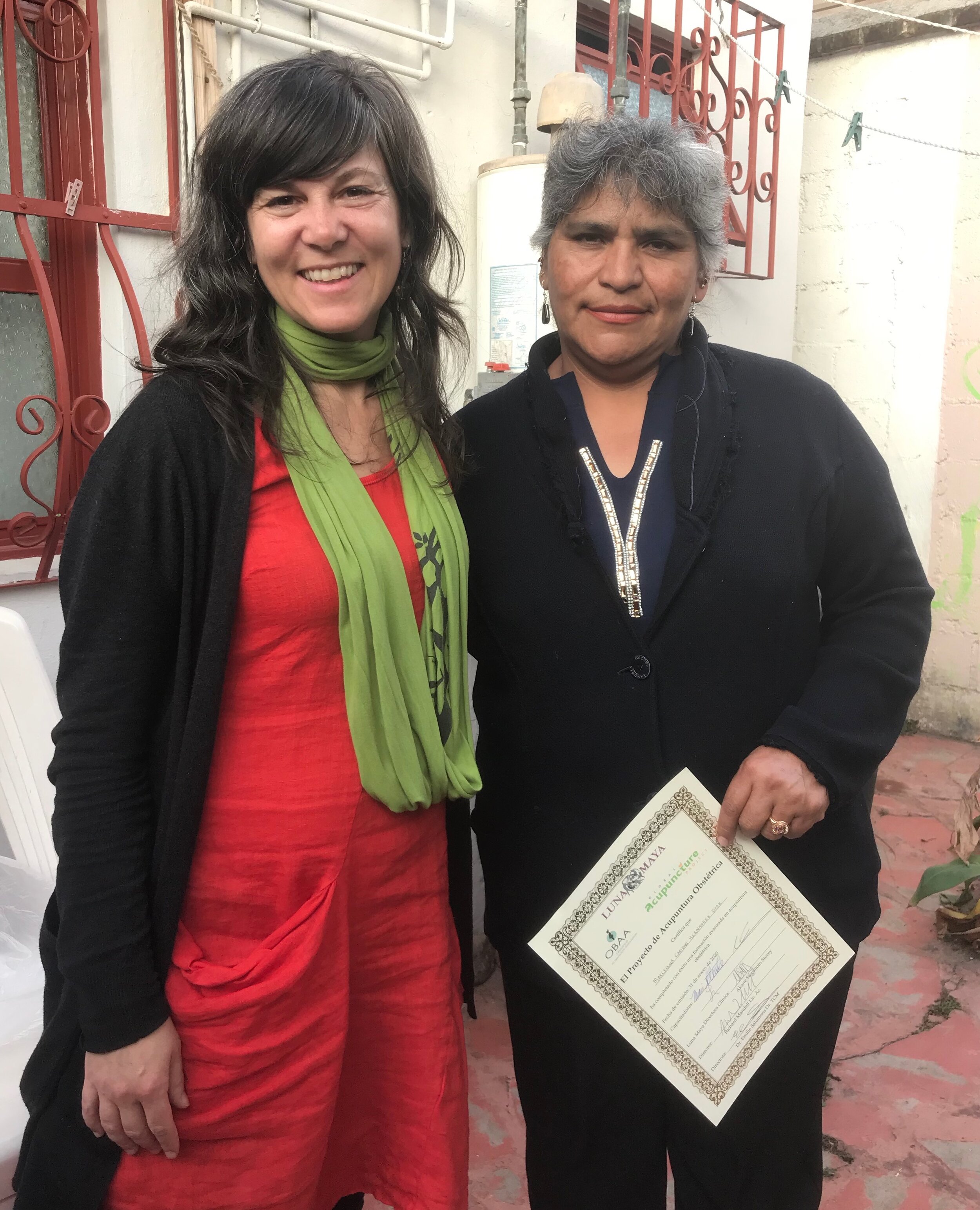Acupuncture Training for Midwives in Chiapas, Mexico
My Experience in Chiapas
When my colleague Emilie first asked me to be apart of the obstetric acupuncture training team in Chiapas, Mexico I was skeptical. I wasn’t sure exactly how much our obstetric acupuncture skills were really sought after by the local midwives nor was I familiar with the maternal care conditions of the area. What I have since learned about the Chiapas maternal care system and how valuable sharing our acupuncture skills could be to that community, was eye opening.
In Chiapas the choices for birth are limited. The private care system is not a financial option for many. The public care system caters to those of lower economic standing which includes a high percentage of the indigenous population. Standard care for those birthing in the public hospitals can be dehumanizing. Women birth in a small, curtained off areas, one bed away from other birthing women. Oxytocin is standard to any labour whether it is progressing naturally or not. Pain medication, such as epidurals, are not available. Women are subjected to routine vaginal exams in short intervals for student doctors to practice their skills. Episiotomies are standard practice for every birth as well as routine manual revisions of the uterus post birth without any anesthesia. For those unfamiliar with birth, one of these treatments by themselves may be warranted under certain circumstances, but to have this be standard care is highly invasive, without any pain medication can be traumatising painful, and as you can imagine it can be dehumanising to the woman who has no control during one of the most intense and vulnerable life experiences.
The private, for profit, healthcare system for those of higher economic means, is also flawed. C-section rates range form 75%-95%. As you can imagine that feeds into the overall birth psyche that women are incapable of delivering a baby without major abdominal surgery and that natural birth is risky.
The midwives at Luna Maya are working to change that. They are dedicated to providing safe humanized births for the women of their community. For them any skill that can be useful to supporting natural physiological birth is welcome. The enthusiasm and dedication they brought to our 5 day training was inspiring. They already had basic acupuncture training and were grateful to now learn how to apply it effectively and safely in pregnancy. They talked about the challenges they faced and we went through different cases and scenarios showing how acupuncture or acupressure could be supportive.
How the last day of training unfolded could not have been more special. Throughout the week a patient who was at 38 weeks had been coming in regularly to midwifery clinic. Her baby was breech. Inspite of the information given by the midwives on the risks of breech delivery and recommendations to consider a c-section, the mother was adamant that she didn’t want to have a c-section or go to the hospital. Delivering breech birth is not unheard of for these midwives but also not considered lightly. One of the midwives consulted with me how acupuncture could be supportive to help a straightforward birth, in this situation, should she go into labour. The morning of the last day, 4 midwives from the training were absent. They were all at the breech birth. That afternoon they returned smiling and full of excitement. After the water broke the baby wasn’t descending and the pelvis wasn’t relaxing. The midwives pulled out all the acupuncture and acupressure techniques we had talked about throughout the week and put them to use. The rest of the birth went beautifully. The little baby girl was called Luna.
I am grateful to have been apart of this experience. Knowing that the skills we shared already were having a positive impact is more than I could have imagined. I encourage you to learn more about Luna Maya and the amazing work they are doing for their community.
Thank you to all the donors, my fellow trainers, everyone at Luna Maya, and my friend and colleague Dr. Emilie Salomans for making it happen.
